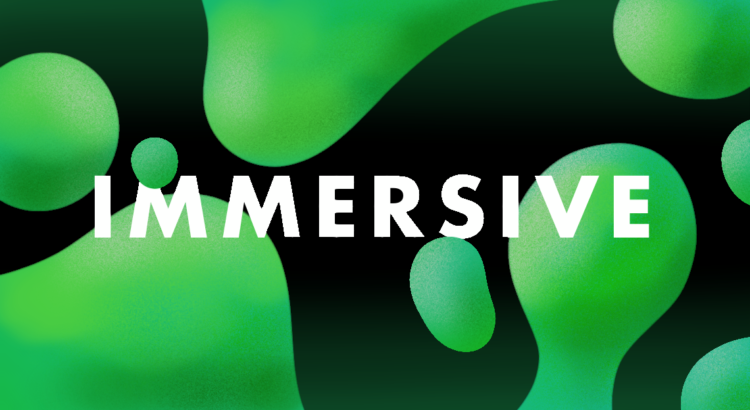The ability to transport oneself into another world is an alluring prospect as it allows for people to explore choices and lifestyles that they typically wouldn’t be able to experience in the real world. As a result, people have found solace in immersing themselves in pre-existing worlds written by famous authors or in new worlds that revolve around decisions made within role-playing games. But, in order to have this imaginative experience, the work of worldbuilding must be done by someone else in the first place before others are allowed to enjoy it.
In order to bypass this requirement of human-touch, creators have begun to explore the applications of artificial intelligence (AI) within their works, creating unique AI-generated works that closely resemble those that have been made by a human hand. Therefore, it is to no surprise that programmer Nick Walton leveraged the power of AI and the appeal of interactive storytelling to develop AI Dungeon, a choose-your-own-adventure-type simulation.
Within AI Dungeon, players are able to select from a variety of different genres to establish the setting that they want their adventure to take place in, ranging from cyberpunk to apocalyptic, as well as the type of role they want to undertake in the setting. From here, AI Dungeon gives players a customized scenario from the options that they have chosen, and the story continues onwards in response to the inputs that the player provides afterwards.

Already writers have begun to take advantage of the unique story generation, creating their own works from AI Dungeon’s generated plot like Lady Emilia Stormbringer by Emily Bellavia. And as of now all rights of ownership of a specific AI Dungeon-created story belongs to the player who first produced the work in the program, enabling the creation of new published material and eliciting the joy of its players in experiencing a new adventure.
Ultimately, AI Dungeon presents a modern twist to choose-your-own-adventure stories with its constantly evolving prompt-based narrative that ensures that no two stories will ever be the same. But, for transparency purposes, it must be stated that prolonged-usage of AI Dungeon requires creating an account and perhaps even spending money if one chooses to use the “premium” version of the generator, a result of the immense memory usage that is required to host such an ambitious piece of software. Nevertheless, while the usage of AI still presents barriers in terms of accessibility, I believe that the application of AI to reinvigorate traditional methods of storytelling is an area that will continue to grow and will soon have wide-spread implications on how we perceive and define art and original content.
Experience AI Dungeon: HERE


